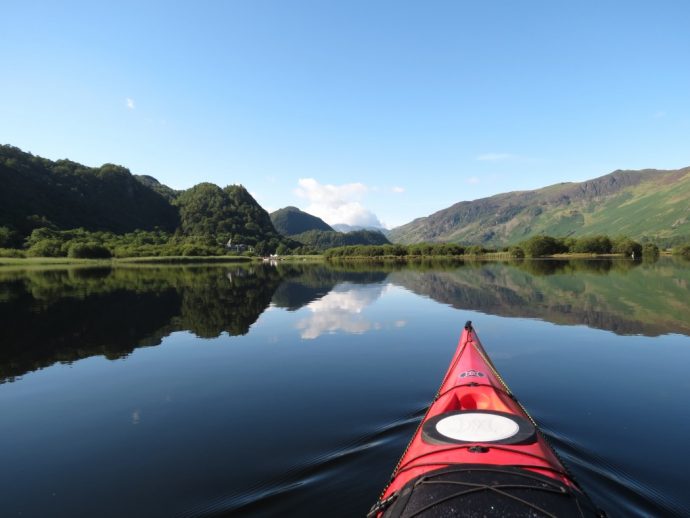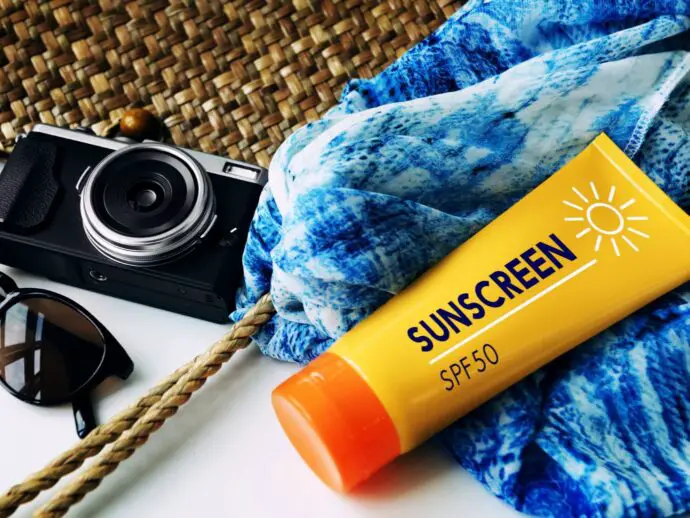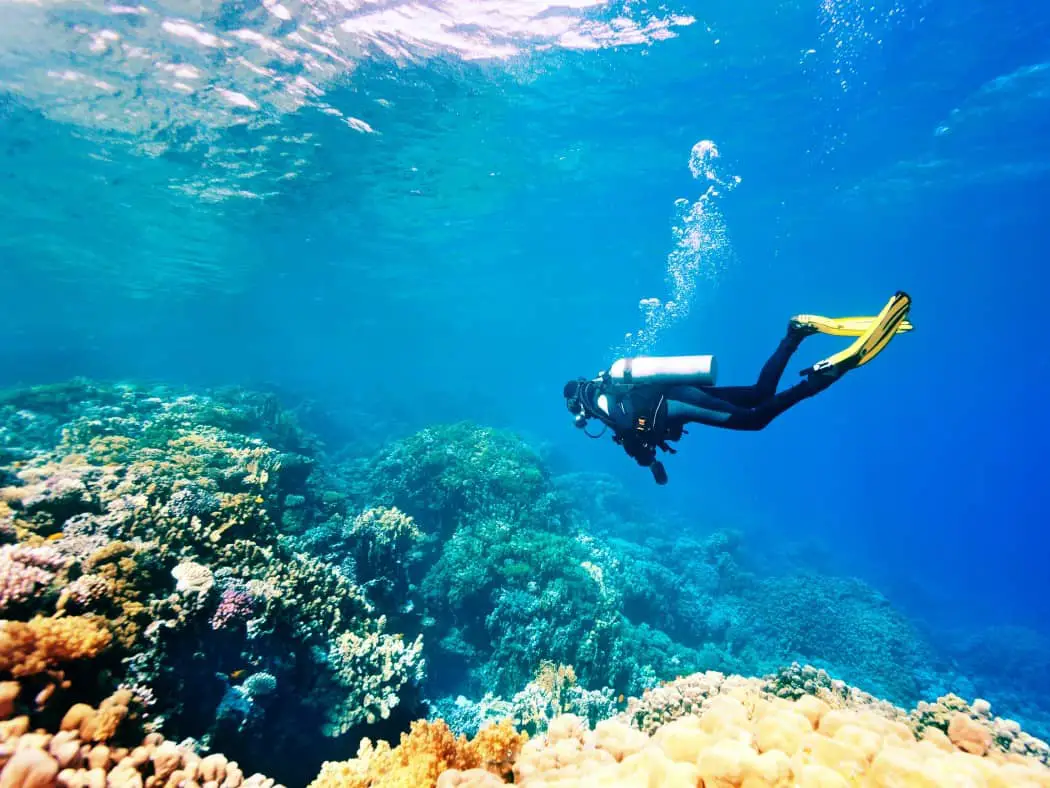If you’re planning a holiday, then you might be thinking about all of the exciting experiences you’re going to have. The risks you’re incurring through travel might be the farthest thing from your mind. However, if you’re going to get the best from your holiday, and minimise the likelihood that it will be cut short, or otherwise disrupted, it’s worth bearing in mind a few key safety considerations.
Slips, Trips, and Falls
Slips, trips and falls account for a substantial number of travel-related accidents, wherever in the world you might be. On a certain kind of holiday, there are particular opportunities for this kind of accident to happen. For example, if you run around the edge of a tiled swimming pool, then you’re taking a risk.
It’s also worth being cautious in historic parts of the world, which might not have been adapted to suit modern safety concerns. Cobblestones are easy to slip on, and archaeological sites are often full of trip hazards too. When the light conditions are not ideal, it’s easy to miss a hazard on the street, and cities are always full of obstacles that we sometimes miss, especially if we’re focused on sightseeing and our attention isn’t on the ground.
Road Traffic Accident
If you’re hiring a car, or driving your own car on foreign roads, then you won’t have the experience necessary to travel with the same degree of safety as you’re used to at home. The same goes if you’re cycling, or riding a scooter, or simply walking beside the road.
If you are involved in a collision, it might be that you can claim compensation through personal injury solicitors. However, a better approach might be to avoid problems in the first place, by looking to minimise your road travel, and hire local taxis.

Water-Related Accidents
Any leisure activity that involves water will create the possibility of a serious accident, or even death. That’s why you’ll be handed a lifejacket whenever you go jet-skiing, yachting, or canoeing. Make sure that you pay attention to the instructions you’re given. In some cases, like diving, you’ll be submerging yourself completely. When children are involved, make sure that you’re watching them closely, and that you react to any problems immediately and decisively. If you know what to do in advance, this will be much easier.
Food Poisoning or Allergic Reactions
If you have allergies to think about, then you’ll want to be very careful about what you eat. You’ll also need to be able to react swiftly when an allergic reaction presents itself, so if you use an epi-pen, make sure you have it with you at all times.
But even if you don’t have any allergies, there’s still the possibility that a bad meal, or a bad drink, might bring your holiday to a halt. This applies especially if the local water is unfit to drink of food preparation isn’t as hygienic as it should be. Avoid any drink that comes with ice cubes, inspect any bottled water to ensure that the seal has not been broken, and steer clear of salads and food that may have been washed in tap water when it comes to meal times. It’s best to eat at reputable restaurants than at street stalls to minimise the risk of food poisoning.

Sunburn and Heat-Related Issues
The weather can pose a threat to your health. If you’re travelling through a colder part of the world, then wrapping up warm is essential. For most holidaymakers, however, it’s heatstroke and dehydration that really pose a threat. Make sure that you’re sheltering occasionally, that you’re wearing sun protection, and that you have plenty of water to keep hydrated.





